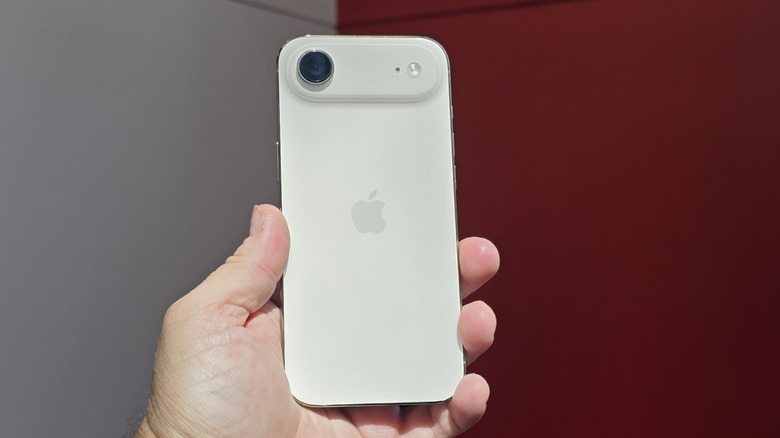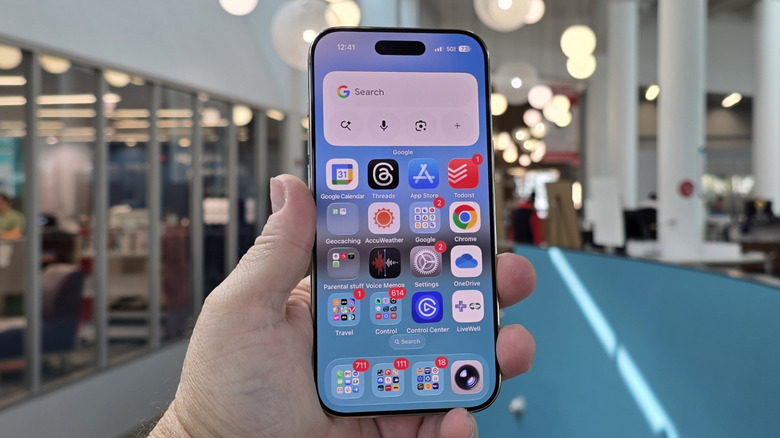iPhone Air Demand Is Reportedly Low, And The Internet Thinks It Knows Why
Apple's experiment with making an ultra-thin smartphone is not going well. As per analysts and supply chain insiders, low demand has apparently forced the company to trim production targets for the iPhone. "Production orders for the iPhone Air have been cut nearly to 'end of production' levels," Nikkei Asia reported earlier this week. Japan's Mizuho Securities has lowered its sales forecast for the slim smartphone owing to low demand, as per The Elec. Earlier this week, TFI Securities analyst Ming-Chi Kuo alo shared on X that suppliers are lowering their capacity by as much as 80% and that they have already started to scale back production and supply operations.
The reports paint an interesting picture of the iPhone Air situation. Soon after Apple chief Tim Cook visited China, the South China Morning Post reported that the iPhone Air was sold out in the country. Analysts at Counterpoint Research also painted a favorable picture of the iPhone Air, noting that it was outselling the iPhone 16 Plus (the model it replaced in 2025), but warned that the Air model will remain a niche, at least initially.
Overall, it seems the iPhone Air is not the rousing success that Apple may have expected when it kicked off the journey to make the world's slimmest smartphone with a fire-breathing under its glass shell. "You also probably shouldn't buy it," Bloomberg's Mark Gurman wrote over a month ago, adding that the phone's thousand-dollar asking price doesn't justify the specs it has to offer. The commentary on public platforms such as X and Reddit is far from moderate for this one. Ever since the iPhone Air's reveal, the debate in the broad smartphone community has been pretty divisive, and based on my time with the iPhone, some of the furor is justified.
Sleek, not satisfactory
To achieve the 5.5mm thickness of the iPhone Air, Apple's engineers had to make some serious sacrifices, such as fitting only a single rear camera and a smaller battery, one that pushed Apple to launch a dedicated wireless battery pack for the device. But that's only the tip of the iceberg. Even the baseline iPhone 17, which costs a couple of hundred dollars less than the Air, offers a much more well-rounded package this year. And when compared against Android phones such as the OnePlus 13, which still cost less than the iPhone Air, you really start to feel the pinch of absent conveniences.
My own time with the iPhone Air reflects this. I pushed the phone as my daily driver for roughly a week before switching to the iPhone 17 Pro. The Air feels stunning to hold in the palm, and it's almost unbelievable to process the fact that a chip as powerful as the A19 Pro is ticking under the shell of this phone. But beyond the fancy visage, there are a few nagging problems. The iPhone Air struggled with heat during my brief run, and if you plan on long gaming sessions or hi-res video capture, you will notice it running hot and taking measures such as dimming the screen to compensate for the temperature spike.
The Type-C port is the older (and slower) USB 2.0 standard, the speaker output is inferior, and haptic feedback is not up to the same standard as its siblings. Then there's the single camera. Despite Apple's marketing, sensor cropping can't quite deliver the same versatility as a dedicated ultrawide or telephoto camera. It's a solid phone for the casual smartphone user, but for anyone concerned about getting a satisfactory value for their investment, they should look elsewhere.

